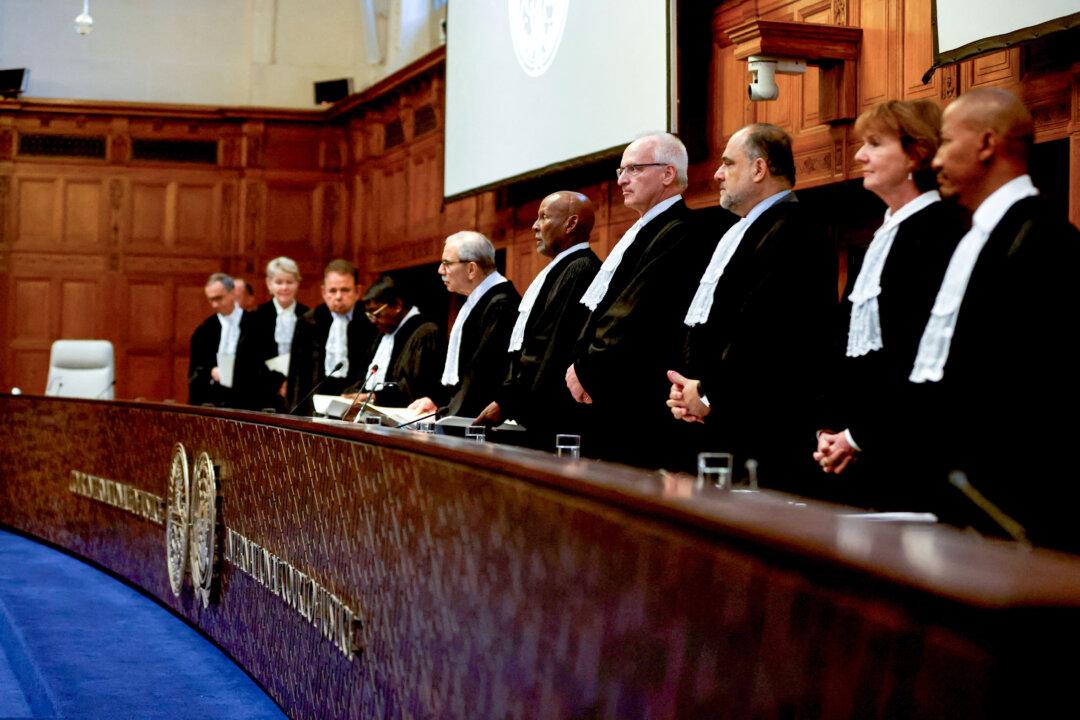Newly elected Lebanese President Joseph Aoun has designated Nawaf Salam, the current president of the International Court of Justice (ICJ), as the country’s prime minister.
The decision was announced on Jan. 13, just days after Aoun’s own election to the presidency, and represents a major blow to the Iran-backed Hezbollah.





